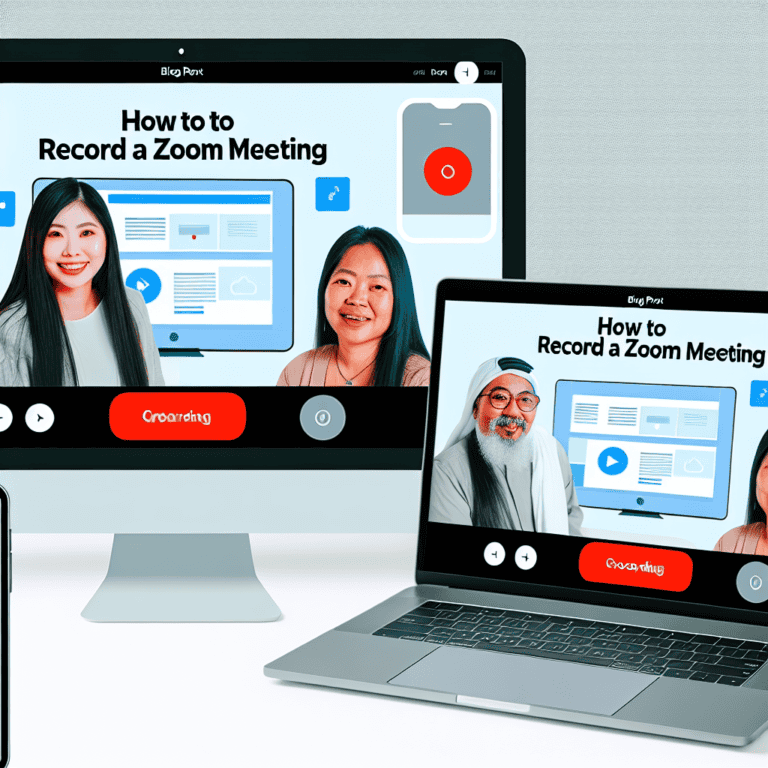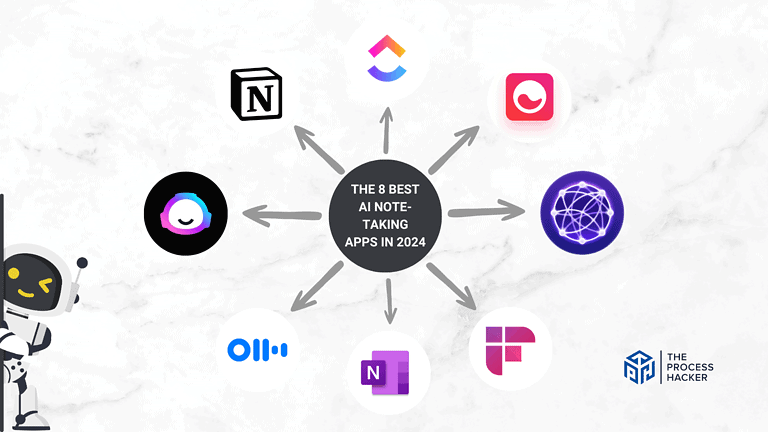Personal Resources: Five Essential Inputs for Life
As entrepreneurs and high performers, we are constantly striving to find the right inputs to fuel our success and drive our businesses forward.
Juggling the demands of running a business with the needs of our personal lives can often feel like a balancing act. To be successful and healthy, it’s crucial to recognize and prioritize the essential resources that contribute to our overall growth and fulfillment.
In this blog post, we will explore five key personal resources vital for navigating entrepreneurship challenges and fostering a balanced and thriving life. From physical health to emotional well-being, these inputs are crucial in shaping our success as entrepreneurs and small business owners.
So, let’s dive in and discover how we can optimize these resources to achieve our goals and live our best lives.
What Are Your Five Most Precious Resources?
In the blog post, “Your Five Most Precious Resources,” the Minimalists state that a “simple life involves, perhaps above anything else, the deliberate use of resources.” We can improve the quality of our lives by managing these five personal resources or inputs, which can be written using the mnemonic, STEAM.
#1) Skills
Skills are the expertise or abilities we possess. They often allow us to excel in various activities, whether in our jobs, hobbies, or daily tasks. Sometimes, these skills come naturally, enabling us to learn quickly, excel in athletics, or effortlessly engage with others.
However, natural talent can only take us so far. In his book, Outliers, Malcolm Gladwell suggests that mastering a skill typically requires about 10,000 hours of practice. While this exact number isn’t mandatory for everyone, growth in skills undeniably comes from consistent and diligent effort.
In our professional lives, we develop skills through data collection, analysis, and practical application in our daily work. These abilities are a crucial part of our personnel resources, helping us perform effectively adn get organized as employees and contributing to our field. By investing time and effort enhances our capability to handle new challenges, manage a budget, and support our team or clients.
Furthermore, skills aren’t just about career advancement. They also enrich our personal lives, especially when engaging in sports or new hobbies like Wilderness First Aid and Scuba Diving. Such activities are not only fun but also improve our resilience and adaptability, offering access to new experiences and communities.
We should evaluate our skills critically as we progress in our careers or business. Think about what you excel at: What are your strengths? What new skills do you want to develop?
By continuously expanding our skill set, we not only meet the demands of our current roles but also prepare ourselves for future opportunities. This ensures we have the access and resources to thrive in any new environment.
So, ask yourself: What are you good at? What skills do you want to develop or learn to support your goals and enhance your life?
#2) Time
Time is the period in which we do all the things. In a day, we have only 24 hours to complete what we need to do.
Time can be seen as an equalizer, as we all, every single person in the world, only have 24 hours a day. Once that time is spent, it is gone forever. The personal resource of time is non-refundable.
Some of us may be cheap when spending money, agonizing over every dollar spent. However, many more of us are willing to give hours of our lives away to consuming content or binge-watching TV.
This may be done in your free time or could eat away at other parts of your life. I know I have stayed up late watching another game on TV when I should have been sleeping.
Managing our time allows us to plan and control how we spend the hours in the day to accomplish our goals. We have to balance the time that we spend in the different parts of our lives: home, work, social life, and hobbies. When we effectively manage our time, we get more work done, meet deadlines, and reduce stress.
Ask Yourself: How are you currently spending your time? What activities do you want or need to prioritize with your time?
#3) Energy

Energy gives us the strength and ability to do physical or mental activities.
There are moments when you can’t get anything done, no matter how much you try or want to. You don’t feel like you have the energy needed to do so.
We need energy to do what we want or need to do.
Harvard Medical School published an article that summed up the nine fundamental ways to increase your energy levels naturally:
- Control Your Stress: Stress can eat up our energy, so you want to find ways to diffuse that stress, such as talking with someone or relaxation therapy (meditation, yoga, etc.).
- Reduce Commitments: Being overworked can cause fatigue, so you want to eat that frog or prioritize your most important tasks and remove those tasks that are less important. Check out Todoist or ClickUp for help managing tasks and projects.
- Exercise Regularly: Regular physical activity can help reduce fatigue, increase energy levels, and improve sleep.
- Avoid Smoking: Nicotine, a stimulant, drains your energy and makes it challenging to sleep as it increases your heart rate, blood pressure, and brain activity.
- Protect Your Sleep: During great sleep, your body restores many vital functions it needs during the day, which in turn affects how much energy you have.
- Eat to Live: You are what you eat, and your food is your fuel. Thus, eating a diet that is less refined and more balanced will boost your energy and mood.
- Use Caffeine Wisely: Caffeine does increase alertness, but you should use it wisely. Also, you don’t want to have caffeine past 2 PM, as it can cause insomnia.
- Limit Alcohol Intake: Alcohol can affect your sleep quality, resulting in less energy the next day. Or worse, excessive drinking may result in a hangover or being sick.
- Drink Water: Blood mainly comprises of water and is vital in transporting nutrients and eliminating waste in the body. When you are short on fluids, you will feel fatigued.
Ask yourself: Are you overwhelmed, stressed, or tired? Do you have enough energy to do everything you want to do?
#4) Attention

Attention is the action of dealing with someone or something.
A recent Microsoft study in 2018 found that the average human attention span is eight seconds, a drastic decrease from 12 seconds in 2000. This makes sense, as our world today has many distracting things fighting for our attention: notifications, advertisements, and social media feeds. Corporations profit from our attention spans; they can get us to endlessly surf or scroll, consume their content, buy their stuff, and work hard at that new job.
If you want to thrive, Cal Newport argues in his book, Deep Work, that you have to focus your attention to engage in deep work. This deep work is conducted in a state of distraction-free concentration that pushes your critical thinking to the limit. When we are in the company of other people, giving our complete attention means being present and connecting in the moment.
On the other hand, Newport discusses that shallow work disperses our attention. We lack focus and do busy work that does not require much brainpower, typically with many distractions. Each distraction can hinder our ability to concentrate and significantly add to the time it takes to get the work we want to do.
If someone wants our attention, distractions can hurt our ability to be present in the moment with that person. Many of us, including myself, have been guilty of allowing our phones to distract us during a meaningful conversation or important meeting.
Ask Yourself: Who or what are you giving your attention to?
#5) Money
Money is a medium of exchange that allows us to pay for goods and services and repay debts, such as taxes.
When we look at the five personal resources, many people focus heavily on money, as if it is the only one that matters. We look at our salary and bank accounts to measure our net worth. We are continually assessing the amount of money that we have to pay our bills, spend on fun, and possibly save.
It may feel that money is the most crucial input, but it’s not. It may also feel that money is the output that we should strive for, but that necessarily may not make us happy. We may overextend ourselves by racking up credit card debt to chase a life that we think we can pay off with our hypothetical future success.
More money tends to magnify and validate your behavior. If you are rude, selfish, or hostile, then more money will make you worse in these negative behaviors. In contrast, if you are kind, generous, and considerate, more then more money will amplify the positive ones.
Money should be used as a tool, not the end goal. When we think of money as a tool, we carry out a specific function. It allows us to change our mindset such that cutting back on spending may not be so painful, and money can help shape the life we want. It can help us achieve our goals, such as paying off our bills, upgrading our lives, or buying a home.
Ask yourself: Are you spending more or less than you make? How are you spending your money?
What Is A Personal Resource?
We live a busy life where multiple demands compete for your attention, and personal resources emerge as the cornerstone of effective management and well-being. These resources encompass the internal assets you possess – your time management acumen, energy reserves, ability to focus, financial standing, and skills you’ve cultivated.
Think of these resources as your personalized toolkit, equipping you to navigate the complexities of modern living. They are not merely tangible assets but also the intangible strengths that empower you to overcome challenges, pursue goals, and lead a more balanced life.
The significance of understanding and optimizing your personal resources cannot be overstated. By harnessing these essential inputs, you gain a heightened sense of control over your life trajectory. This empowers you to make informed decisions that align with your values and aspirations, ultimately fostering a greater sense of fulfillment and purpose.
How Can These Resouces Benefit Your Personal Development?
Ever wish you had a cheat code for life? These personal resources are like that. They’re the keys to unlocking your full potential and creating a life you absolutely love.
Think of it like this:
- When you get a good handle on your time, you suddenly have more of it to spend on the things that truly matter.
- Understanding your energy levels helps you know when to push hard and when to take a break so you’re always at your best.
- Sharpening your focus means you can eliminate distractions and get things done faster.
- And being smart with your money? That’s a game-changer for reaching your goals and living without stress.
- Learning new skills opens up a whole world of opportunities and makes you even more awesome.
Taking the time to nurture these resources is like leveling up your character in real life. It’s a way to take charge of your journey, create a more balanced and fulfilling life, and feel more empowered.
What Resource Should I Focus On?
It’s natural to wonder which of these personal resources deserves your primary focus. The truth is, they all play a vital role in your overall well-being and effectiveness. It’s less about choosing one over the others and more about finding the right balance for you.
Start by assessing where you feel most challenged or where you see the most significant growth potential:
- Are you constantly struggling with deadlines? Time management might be your starting point.
- Feeling burned out and exhausted? Perhaps focusing on energy management will yield significant benefits.
- If distractions are derailing your productivity, honing your focus could be the key.
The beauty of these resources is that they often work in tandem. For example, improving your time management skills can free up more time for activities that boost your energy levels. Similarly, managing your finances effectively can reduce stress and improve your overall focus.
The most effective approach is to view these resources holistically, understanding how they interact and influence one another. By nurturing all five, you create a robust foundation for personal development and a more fulfilling life.
Final Thoughts on Personal Resources
Think of these five personal resources – time management, energy, attention, money, and skills – as the instruments in your life symphony. Each plays a unique part, and when harmonized, they create a beautiful melody of well-being and accomplishment.
By mastering these resources, you’re not just gaining control over your daily life but also investing in a more prosperous, more meaningful future. The journey might require effort, but the rewards—a greater sense of purpose, more energy for the things you love, and the ability to achieve your goals—are undeniably worth it.
Remember, this isn’t about perfection; it’s about progress. By making minor, consistent improvements in each of these areas, you’ll unlock a level of personal growth you never thought possible.
So, take a moment to reflect on your personal resources. Where are you thriving, and where could you use a little extra support? By identifying your strengths and weaknesses, you can tailor a plan to help you unlock your full potential.








